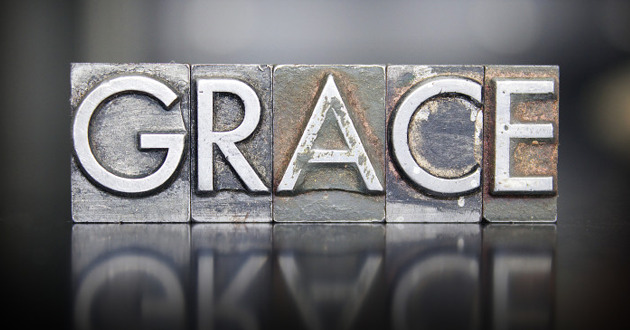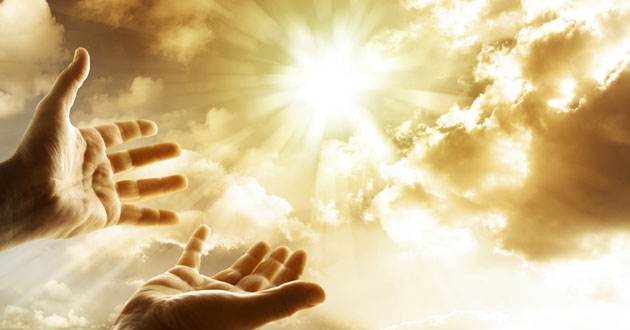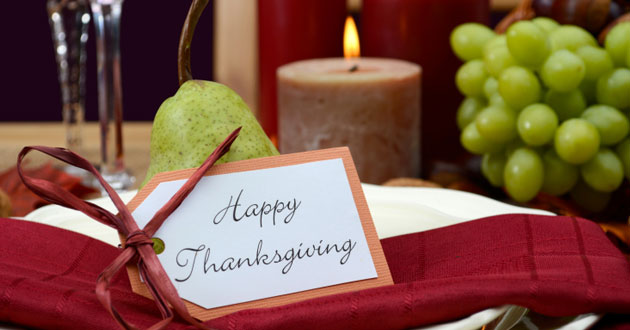Resolving to love

Now that we’ve gotten that pesky Christmas Spirit out of our system, we can get back to what had been bugging us before we had to put in on hold for the Most Wonderful Time of the Year.
Where were we? Oh yeah. Revenge.
Revenge for police shootings, bombings, mass shootings, discrimination, terrorist attacks, insults both grand and personal. It’s our comfort zone. It’s the way the world works.
Or is it?
When apartheid ended in South Africa in the 1990s, everyone predicted a bloodbath. Oppressed, poor blacks were going to extract their revenge on the brutal white minority that had committed horrible crimes—that was the dominant view. The world cringed in anticipation.
But just like a stick of dynamite where the burning fuse goes out before it reaches the explosive, the bomb didn’t go off. Something better happened. A panel called the Truth and Reconciliation Commission was formed—not only to punish, but to also reconcile blacks and whites.
One story in particular illustrates the upside-down way this worked.
During the brutal oppression, white police officers kidnapped a young black man, shot him, and then set his body on fire. As the body burned, the men celebrated around the fire. Eight years later, the same men took the boy’s father, tied him to a pile of wood, poured gasoline over him and the wood, and set him on fire.
Years later during a hearing through the Truth and Reconciliation Commission, an elderly black woman faced the killers, who had confessed. She was the mother of the boy they had killed, and the wife of the man they had killed. The commission allowed her to make a statement as to what kind of punishment she thought they deserved. She addressed the leader of the group, a man named Van de Broek.
“I want three things,” she said. “I want Mr. Van de Broek to take me to the place where they burned my husband’s body. I would like to gather up the dust and give him a decent burial.
“Second, Mr. Van de Broek took all my family away from me, and I still have a lot to give. Twice a month, I would like him to come to the ghetto and spend the day with me so I can be a mother to him.
“Third, I would like Mr. Van de Broek to know he is forgiven by God and that I forgive him, too. And I would like someone to come and lead me by the hand to where Mr. Van de Broek is so that I can embrace him and he can know my forgiveness is real.”
Grace, in the form of forgiveness and reconciliation, creates holy moments.
Remember the shooting last June at the church in Charleston, South Carolina? Remember the response of the church members and family members of those who were killed?
“We forgive you,” they said.
At the end of Psalm 139, the Psalmist says “Search me, Oh God, and know my heart. Try me and know my thoughts. And see if there be any hurtful way in me. And lead me in the everlasting way.”
What is that everlasting way? Mercy, forgiveness, reconciliation. Those are the activities of God that are constantly being poured out in our world. There are other things being poured out in the world, too. We only have to look to New York, Newton, Conn., Paris, Beirut, Baghdad, Syria, San Bernardino, Sudan, just to name a few.
Just before we hit the revenge button, though, remember the old lady in South Africa. She still had a lot of love to give. So do we.
— by Dean Nelson
Nelson directs the journalism program at Point Loma Nazarene University in San Diego. His book on seeing God in everyday life is God Hides in Plain Sight: How to See the Sacred in a Chaotic World.





